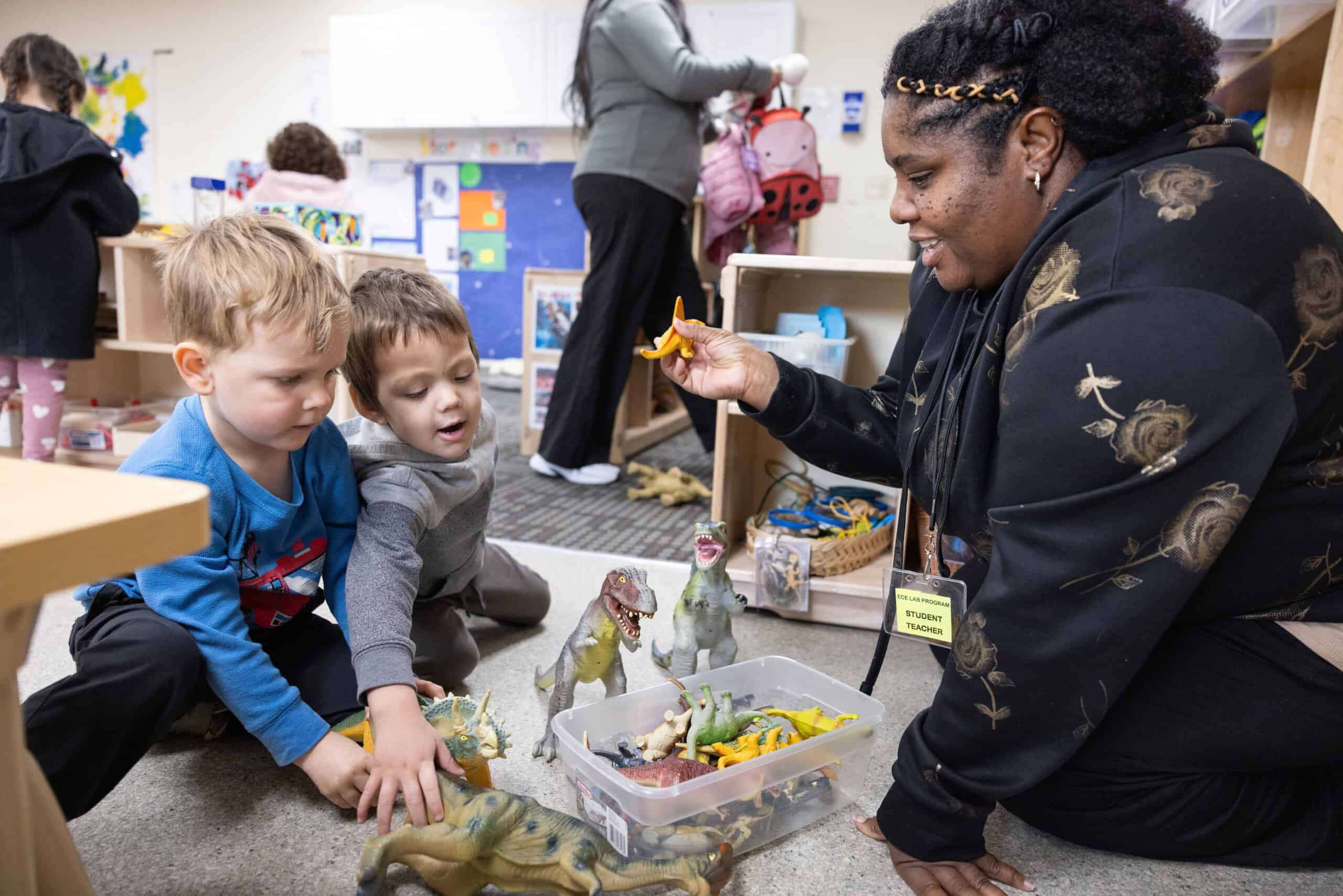About the Purpose pillar
College is a significant investment, and one that should be clearly aligned with the personal and professional goals of students to ensure they get the most out of their degree. We believe colleges should work closely with students to understand their goals, assess their abilities, and help align their majors with their long-term aspirations. From recruitment to onboarding to the first-year experience, we partner with institutions to design a student experience that creates a powerful sense of purpose.
Align college experiences to students’ goals
Uninformed decisions about a course of study can lead students to earn unnecessary credits, extend their time to degree, or leave school altogether, exacerbating financial burdens. From recruitment to onboarding to the first-year experience, CCA partners with institutions to align student goals and abilities with course selections.
Photos by Allison Shelley/Complete College Photo Library
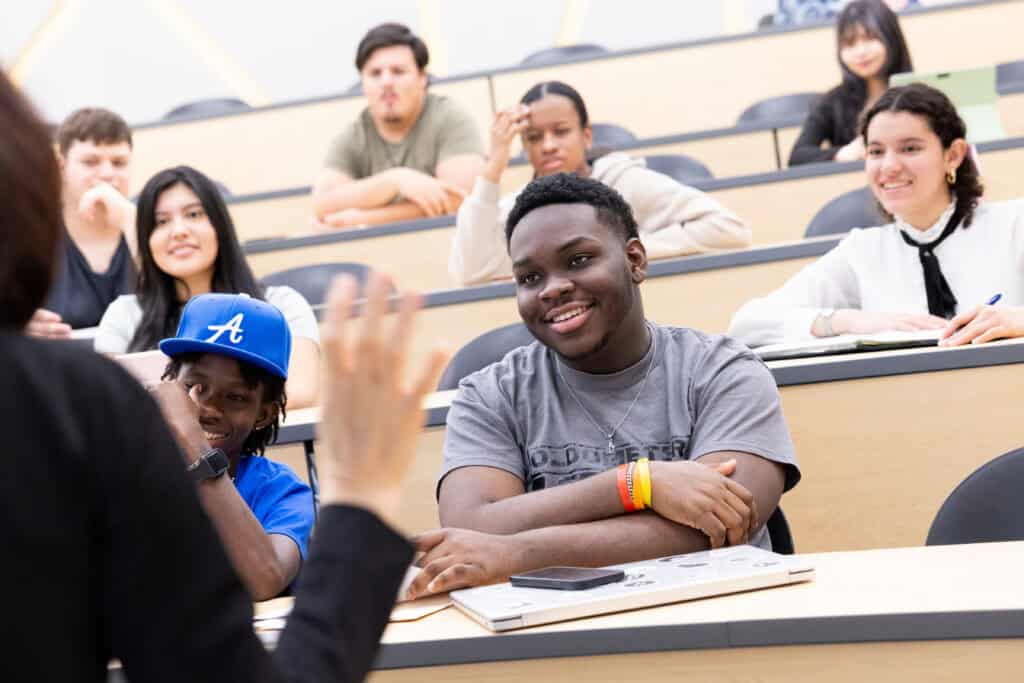
First-Year Experience
Develop structures to connect students with resources that foster their academic and career goals.

Career Exploration
Make information on careers readily available to all students, empowering them to make informed decisions about programs of study that meet their skills, aptitudes, and aspirations.
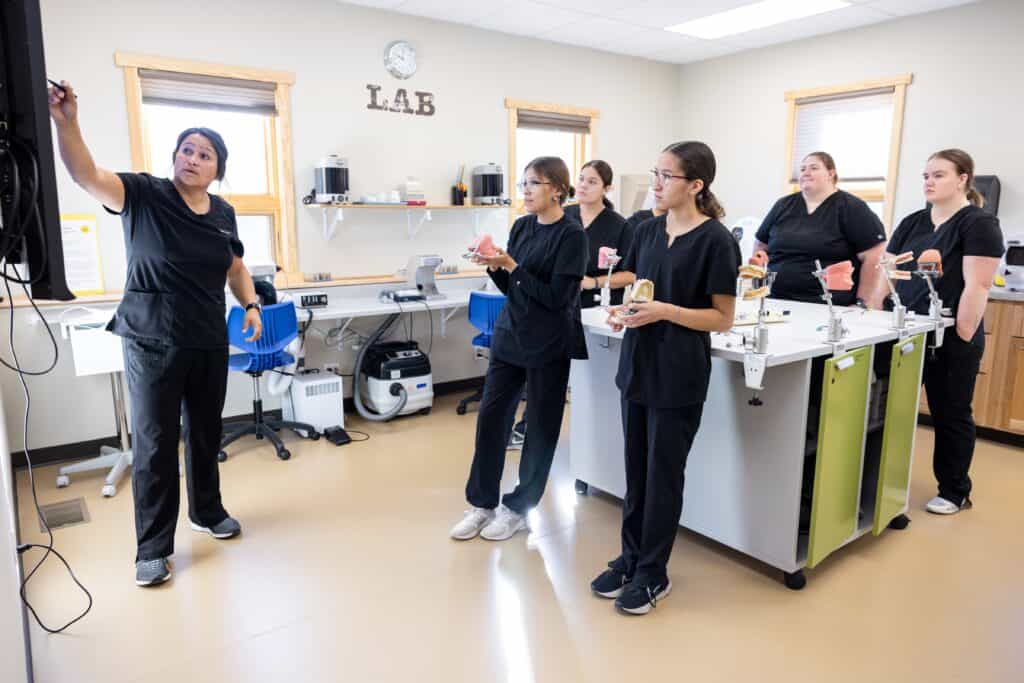
Academic & Career Alignment
Create a clear connection between learning taking place in the classroom and the competencies associated with careers.
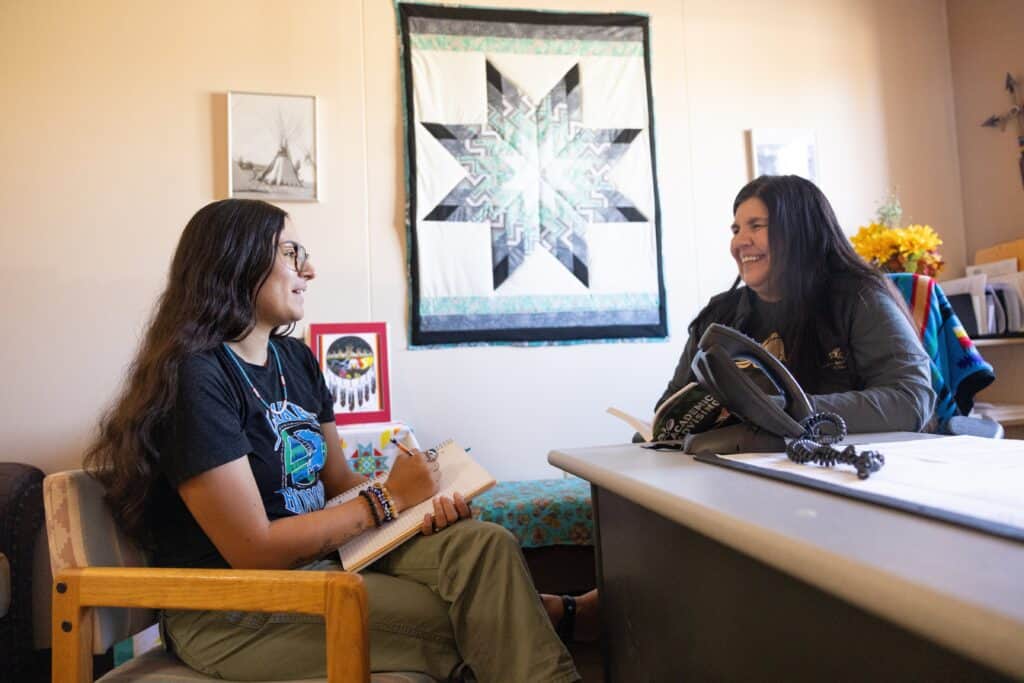
Student engagement
Proactively communicate the value of a higher education degree to address the unique needs and goals of all students.
Check out our other pillars
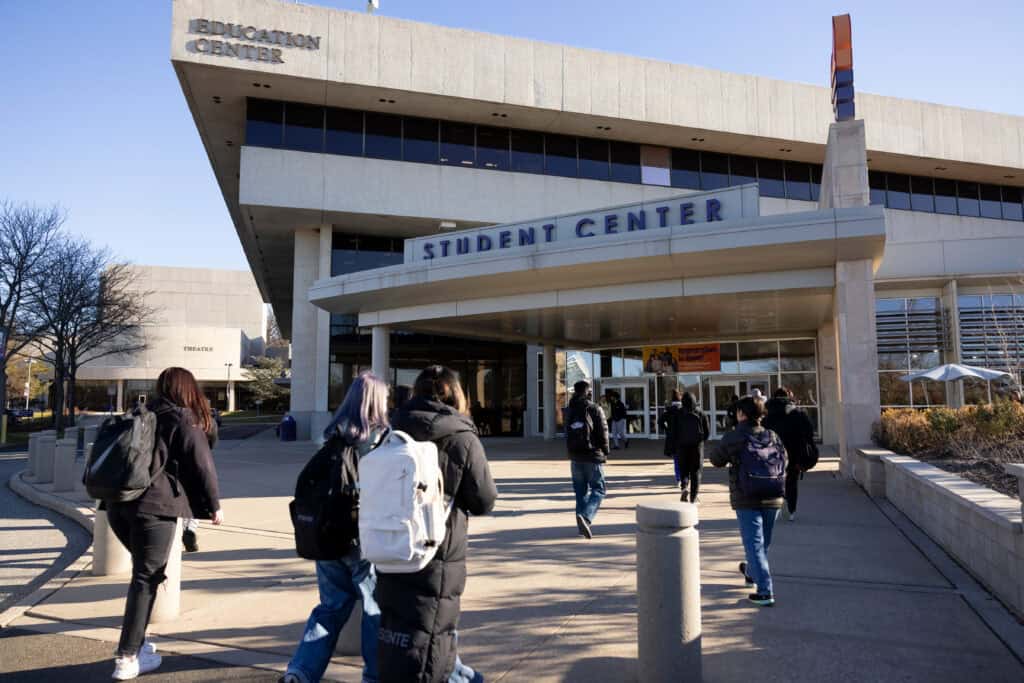
Momentum
Clarify the path to a degree or valued workplace credential.
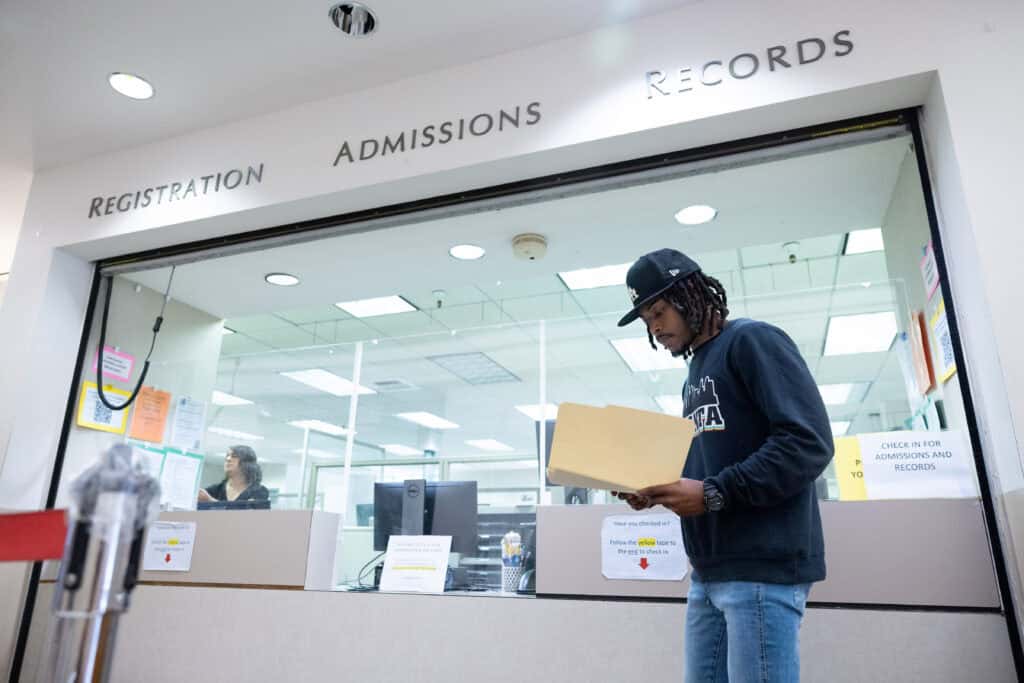
Structure
Facilitate strong starts that sustain critical progress.
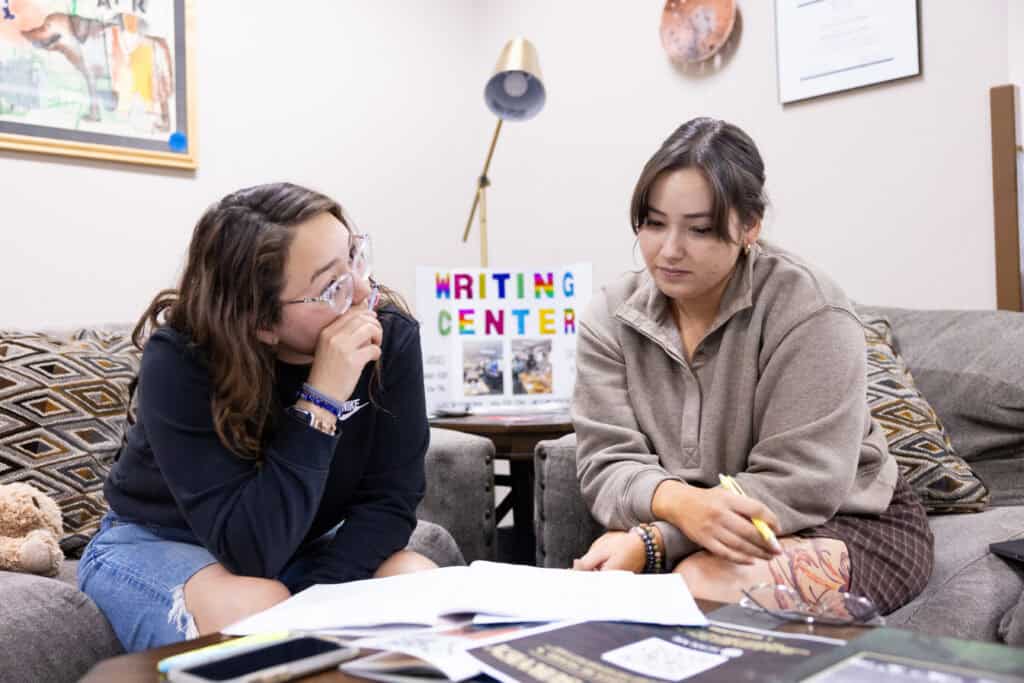
Support
Address co-curricular needs so students can focus on college goals.

